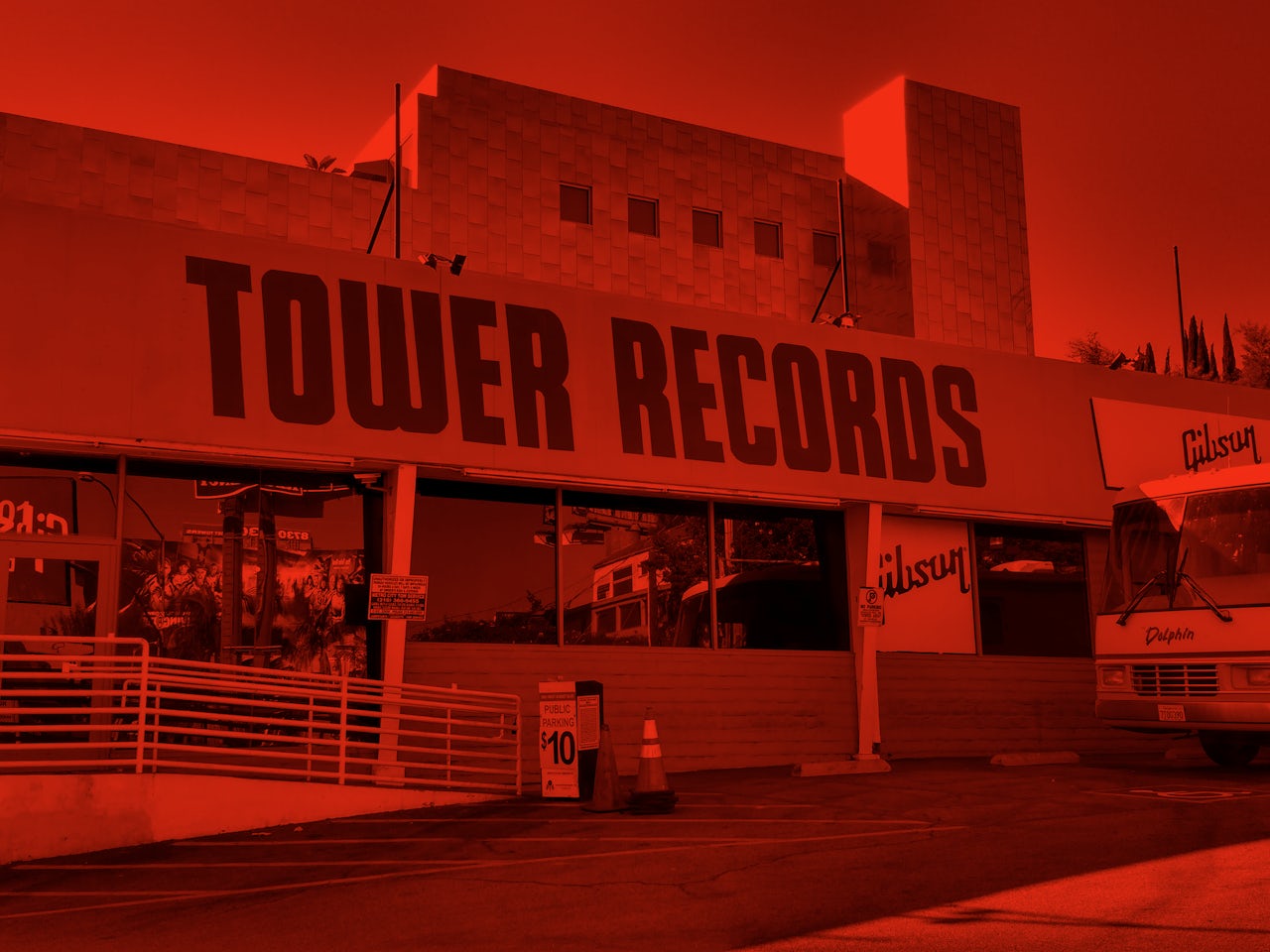Tower Records founder Russ Solomon died last night, as reported today by his hometown Sacramento Bee. Though Solomon, who founded the company in 1960, lost Tower Records in bankruptcy in December 2006, he forever changed the way Americans thought about buying music. Through his stores, he established the record and CD store culture that came to be memorialized in the 1995 film Empire Records — namely, stores employing young, music-loving staff who were as knowledgeable in offering recommendations as the algorithmic streaming services consumers rely on today.
“It wasn’t like the other chains, which had dress codes and rules and somebody gave you a dirty look if you didn’t buy something,” Solomon told Mike Sigman in an interview for his 2016 book History of the Music Biz, Volume 2. “At Tower, all the buying was local. The people in our stores were engaged in the process of running the stores and were in touch with what was happening in their area.” He lamented that Tower’s company’s gradual financial woes led the company to switch to a centralized buying system, which ruined the localized quality of each store. In a 2015 interview with Noisey, Solomon stated the core idea of the franchise: “It was the most natural thing in the world that the people behind the counter should look like the people who are on the other side buying.”
There are plenty of independent record stores dotting America’s cities, which have come out of the musical recession by promising specialized inventories and the evergreen charms of simply walking somewhere and interacting with real people in a physical space. But the heyday of record store culture has passed, as more people look to digital platforms, and consume music off the recommendations they find online. Tower’s closest modern analogue is a chain like FYE, which has been on the downswing for several years.
Tower’s gift was formalizing the promise of a grungy record snob in every town — you knew exactly what you were getting when you walked in, a precious thing as the future of cultural commerce is always in question. (For example: What will be lost if Barnes & Noble, a different kind of chain retailer, goes out of business?) While many of us still hold fond memories of the record store employees that opened our eyes — I, for one, will never forget the record store owner who first turned me on to David Bowie — Solomon’s passing symbolizes the death of the communal, musical culture he helped to create. On the brighter side, the future is unwritten.

